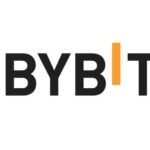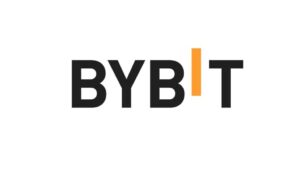Remittance is the sending of money by a migrant to his home country via electronic transfer, cheques, or drafts. In 2019, about 800 million people in the world received remittances. However, even though many people are recipients of international remittances, the industry is still fraught with issues that do not make international remittances as beneficial as they should be.
Problems in the International Remittance Industry
Although international remittances play a role in achieving at least seven of the SDG Goals, it still faces its challenges. Some of these challenges are:
- Economic problems: In a world where unemployment, political instability, and recession exists, the amount of money sent home from abroad is not as stable as it should be.
- Regulations: The regulations available for the remittance industry are outdated, which means they do not fit our present era.
- High operational costs: Sending remittances incurs high transaction costs. For example, the World Bank reported that the global average cost of sending any amount to another country is 7%.
- Lack of flexibility: Owing to the traditional system that the remittance industry operates with, there is little to no flexibility in how funds can be remitted.
- Slow processing times: Senders and recipients still have to visit the bank and go through a central system to transact successfully, which takes time.
The world is going digital now, and the remittance industry needs to embrace digital solutions. One technology that can provide the problems of the international remittance industry is Blockchain.
How can Blockchain solve these problems?
Blockchain is essentially a disruptive technology that is changing systems and can serve to improve global remittance in the following ways.
- Decentralization: Blockchain solves the problems of slow processing times and lack of flexibility in the remittance industry. Blockchain eliminates the need for intermediaries and traditional processes of sending money through its decentralized operations. When funds are transferred more quickly, the risk of loss due to currency fluctuations is also reduced.
- Transparency: Blockchain uses cryptography for security and verification. Every transaction that happens on a blockchain is stored on a public ledger, making it accessible for both the sender and recipient to see. This system mitigates the risk of fraud or theft. As a result, Blockchain ensures a more secure and easily verifiable means of transferring funds.
- Autonomy: The autonomous feature of Blockchain provides the avenue for easier and quicker transfer of funds. This way, there is more cost-efficiency when all the manual work that traditional systems use is eliminated. In addition, as every transaction is done digitally, the time spent on verifying processes is shortened.
Looking forward,
Blockchain is a borderless, more disintegrated form of technology that promotes the services offered by several sectors. For example, with blockchain technology in the remittance industry, there will be more efficiency, speed, and ease of access to financial services. This will, in turn, help improve developing countries’ economies and promote financial inclusion.




























